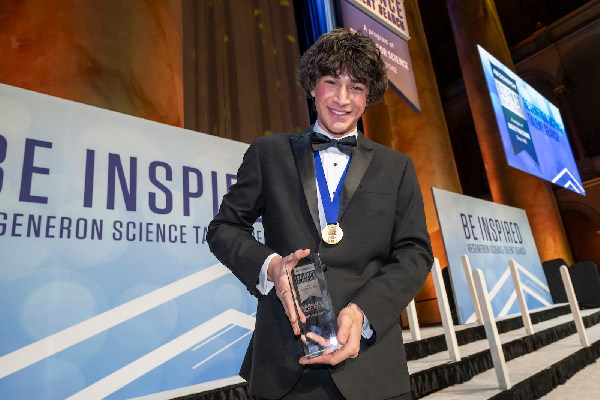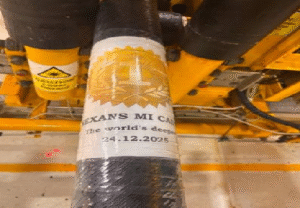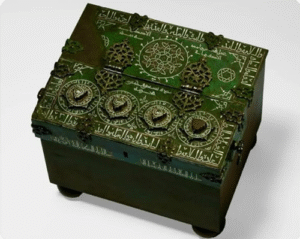The world of space discovery has been rocked by an extraordinary achievement: an eight-year-old prodigy has reportedly won a $250,000 prize after utilizing Artificial Intelligence (AI) to identify an astonishing 1.5 million previously unknown space objects.
This groundbreaking discovery showcases the power of machine learning in modern astronomy and positions the young winner as one of the most significant amateur contributors to planetary science.
The unnamed eight-year-old used an advanced AI algorithm to process and analyze massive datasets of astronomical images that had been deemed too complex or voluminous for traditional manual review or standard computational methods.
- The Technology: The AI was likely trained to recognize subtle anomalies and patterns indicative of new objects—such as asteroids, comets, or Trans-Neptunian Objects—which had been missed by human observers or initial automated surveys.
- The Scale: The identification of 1.5 million new objects dwarfs many large-scale, professional survey efforts, immediately multiplying the known inventory of bodies in our solar system and beyond.
The immense catalog of new objects has profound implications for planetary science, orbital mechanics, and space security:
- New Asteroids and Comets: The discoveries will help scientists better understand the formation and evolution of the solar system’s early history.
- Planetary Defense: Identifying a vast number of new celestial bodies, particularly those with orbits that cross Earth’s path, is crucial for improving Planetary Defense systems.
- AI in Research: The win highlights the growing trend of leveraging accessible, high-performance AI tools, democratizing discovery and allowing young minds to contribute at the highest levels of scientific research.
The $250,000 prize is intended to support the young genius’s continued education and research in science and technology.







